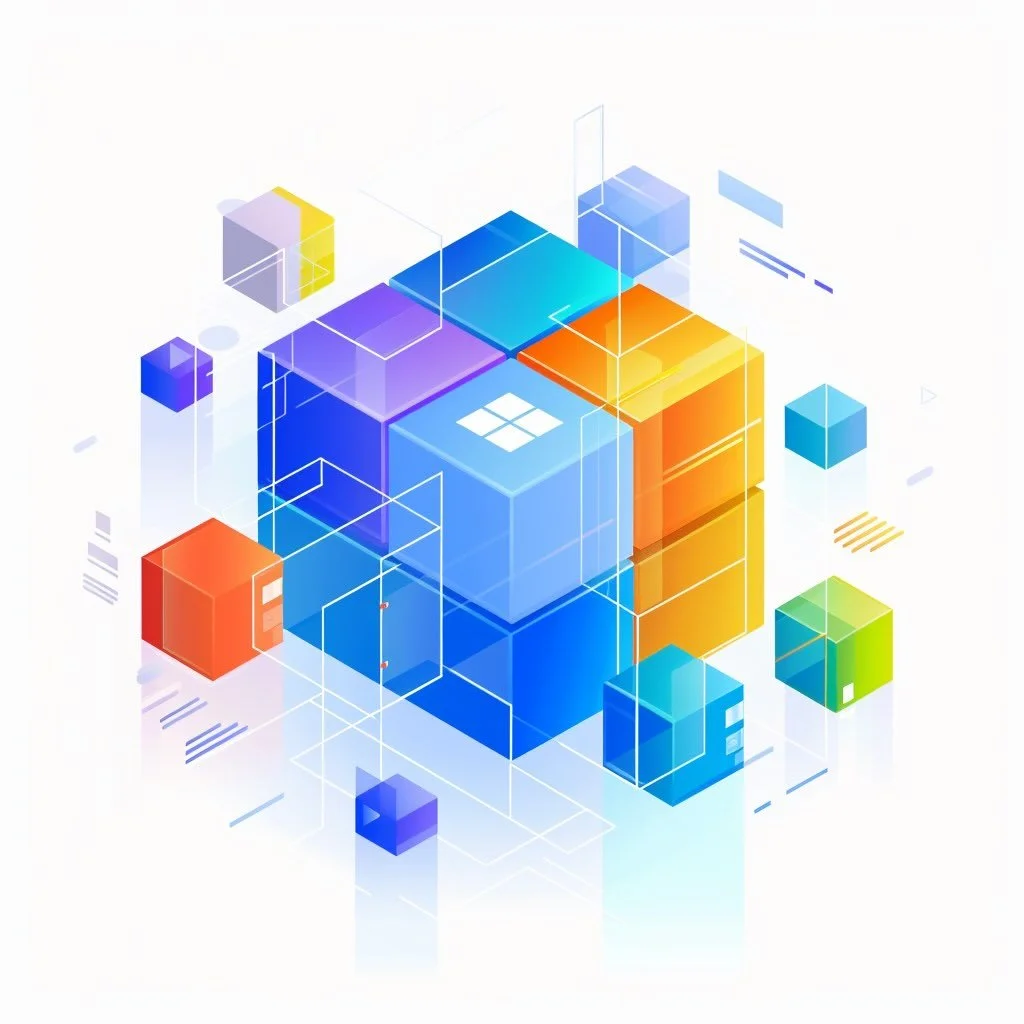Exploring Azure AI Services: Tools for Enterprise Solutions
Join me as we delve into Microsoft's vast array of AI tools! In my previous post, I explored Microsoft’s corporate Copilot suite of intelligent chatbots. In this post, I’ll explore Microsoft’s Azure AI Services, a collection of cloud-based tools to build enterprise AI solutions. I'll examine three core components: Azure AI Studio, Azure OpenAI Service, and Azure AI Search. Azure AI Services includes much more than these three core services, like Azure AI Document Intelligence and Azure AI Vision; however, for brevity, I’ll cover just three core services. Whether you're a seasoned developer or just starting your AI journey, this post will provide a guide to the exciting world of Azure AI Services and its capabilities.
Azure AI Studio
In a previous post, I explored Copilot Studio, a user-friendly platform for developing custom AI chatbots. In contrast, Azure AI Studio is a more sophisticated tool that offers advanced features for building complex AI solutions. While Copilot Studio is designed for users with limited coding experience, Azure AI Studio requires a stronger foundation in programming. With Azure AI Studio, you have the freedom to craft intricate AI models and fine-tune them to meet specific needs, but this increased flexibility comes with a greater demand for technical proficiency.
Azure AI Studio boasts a robust feature set, including prebuilt and customizable AI models that can be integrated with enterprise-specific data. This approach, known as Retrieval Augmented Generation (RAG), enables the grounding of models with explicit data, yielding more accurate and relevant results. Furthermore, Azure AI Studio offers advanced fine-tuning capabilities, allowing users to adapt models to specific use cases, ensuring a tailored solution that meets the unique needs of their organization.
Azure OpenAI Service
Azure OpenAI Service provides programmatic access to advanced language models developed by OpenAI, such as GPT-4. While Azure AI Studio provides a comprehensive platform for building complete AI solutions, Azure OpenAI Service offers an integration layer for integrating AI capabilities into any application. This integration layer enables developers to build applications that interpret and generate human-like text and create custom generative AI solutions that cater to their needs.
For instance, developers can leverage Azure OpenAI Service to categorize unstructured data like emails by calling the API with prompts such as "What team should I assign this email to?" or "Was the customer dissatisfied?" The API's results can then be processed to assign the email to the appropriate team or escalate the email if the customer is dissatisfied.
You could call OpenAI's API directly, but using Azure OpenAI Service has a significant advantage. A key benefit of this service is that it offers Azure's enterprise-grade security and scalability, which are essential for large-scale AI applications. By leveraging Azure OpenAI Service, developers can tap into OpenAI's cutting-edge language models while also benefiting from Azure's robust infrastructure and security features.
Azure AI Search
Azure AI Search (formerly known as "Azure Cognitive Search") is an enterprise search platform that harnesses AI's power to transform how organizations search and retrieve information. By combining language models with enterprise data, Azure AI Search offers search capabilities that simplify the process of building enterprise-grade search functionality. With its fully managed platform and pre-built AI capabilities, organizations can add intelligent search experiences to their applications, leveraging their own data as the foundation. Moreover, Azure AI Search ensures secure information retrieval at scale, providing organizations with a robust and reliable solution for searching and retrieving sensitive company-owned content.
Azure AI Search is similar to Glean AI, which is a standalone enterprise search solution. Azure AI Search may be a better fit for organizations with high-security needs. This is because Azure AI Search is part of the Microsoft security umbrella, which provides an extra layer of protection. On the other hand, Glean AI might be a best-of-breed product that is solely focused on enterprise search. In addition, Glean might offer better integration with non-Microsoft products like Salesforce and Jira, as Glean doesn't have a conflict of interest with these vendors. It will be interesting to see how these two enterprise search solutions evolve and meet the changing needs of organizations.
Conclusion
In conclusion, Microsoft's Azure AI Services offers a powerful trifecta of tools for building enterprise AI solutions. Azure AI Studio provides features for crafting complex AI solutions, Azure OpenAI Service offers tools to integrate AI into applications, and Azure AI Search provides capabilities for building intelligent enterprise search engines. Whether you're a seasoned developer or new to AI, the Azure AI suite empowers you to create sophisticated solutions tailored to your organization's needs. As AI continues to evolve, it's exciting to consider how these tools will adapt and improve, shaping the future of enterprise AI solutions.







